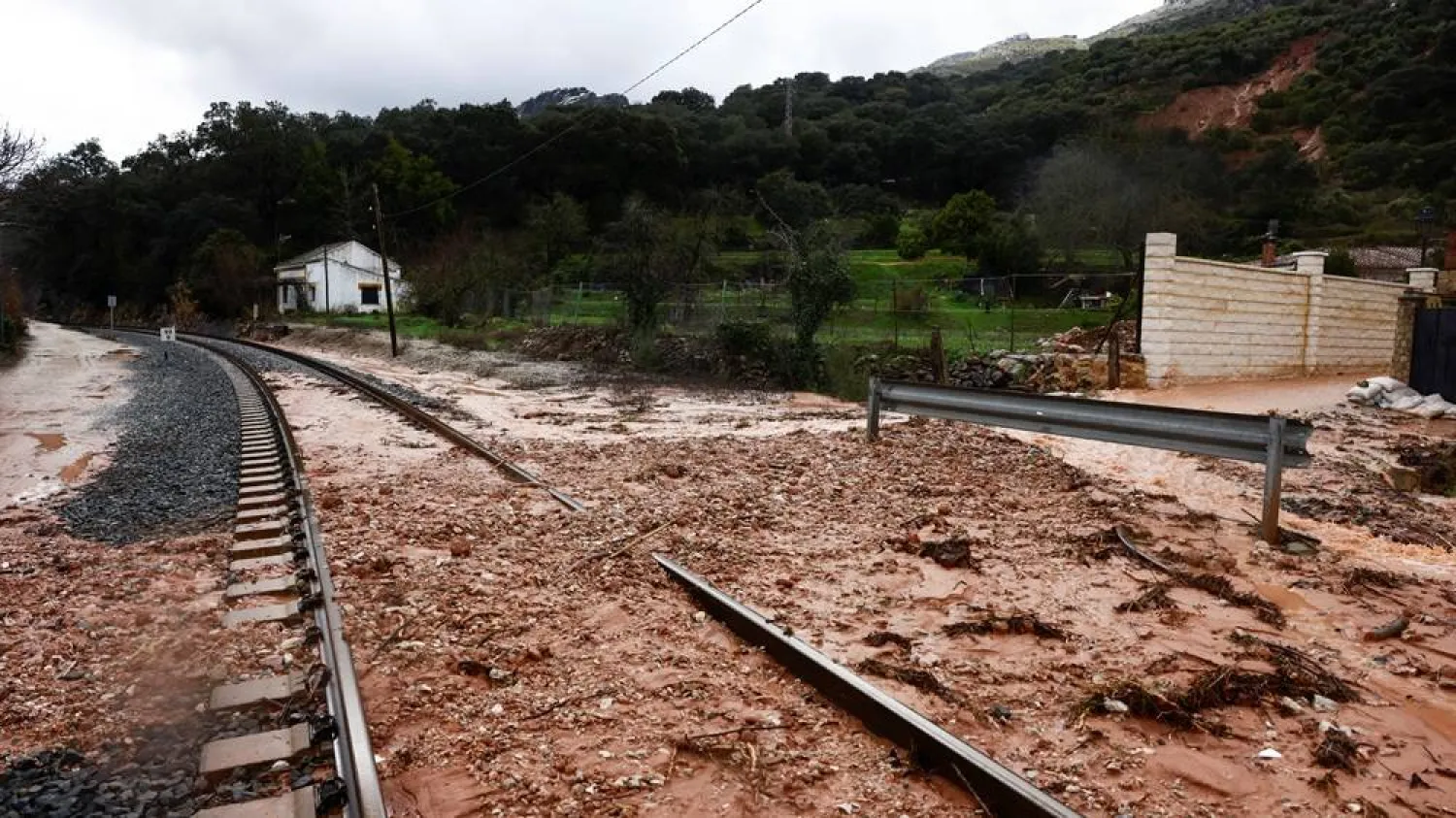As part of its second phase, the Prince Mohammed bin Salman Project for Developing Historical Mosques is reconstructing and renovating the mosques in the Eastern Region, adopting methods that aim to safeguard the heritage they represent by restoring them to their original form to the greatest extent possible in adherence to global standards.
The project seeks to grant Jawatha and Umm Zriniq mosques in the Eastern Region a historical and aesthetic identity with unique and distinguished features that respect their aesthetic history.
It will do so through multiple stages of systematic projects relying on studies, research and analysis on how to best restore them into their original form and which materials to use to do so.
Jawatha Mosque is considered among the oldest historical mosques in the Islamic world. Built by Bani Abd Al-Qais after their second visit to Prophet Mohammad in the seventh century of the Hijri calendar, it is considered the first mosque to host Friday prayers after the Prophet’s Mosque in Madinah.
The area of the mosque, before and after renovation, is around 205,5 square meters and can hold 170 worshippers.
Meanwhile, the Umm Zriniq Mosque in Al-Owemariah neighborhood of Al-Hofuf city was built over 100 years ago next to the Umm Zriniq Cemetery.
The area of the mosque will increase from 30 square meters to 213,96 square meters, and its capacity will rise. It will hold 94 worshippers after it had ceased to receive worshippers.
The Prince Mohammed bin Salman Project to Develop Historical Mosques aims to rehabilitate and restore 130 historical mosques in various regions across the Kingdom of Saudi Arabia, highlighting their civilizational and cultural dimensions by preserving their original aesthetic.
The second phase of this project includes 30 historical mosques in 13 different regions across the Kingdom- six mosques in the Riyadh region, five mosques in the Makkah region, four mosques in the Madinah region, three mosques in the Asir region and two mosques in each of the Eastern regions, Al-Jouf and Jazan, and one mosque in each of the Northern Borders, Tabuk, Baha, Najran, Hail and Qassim.









